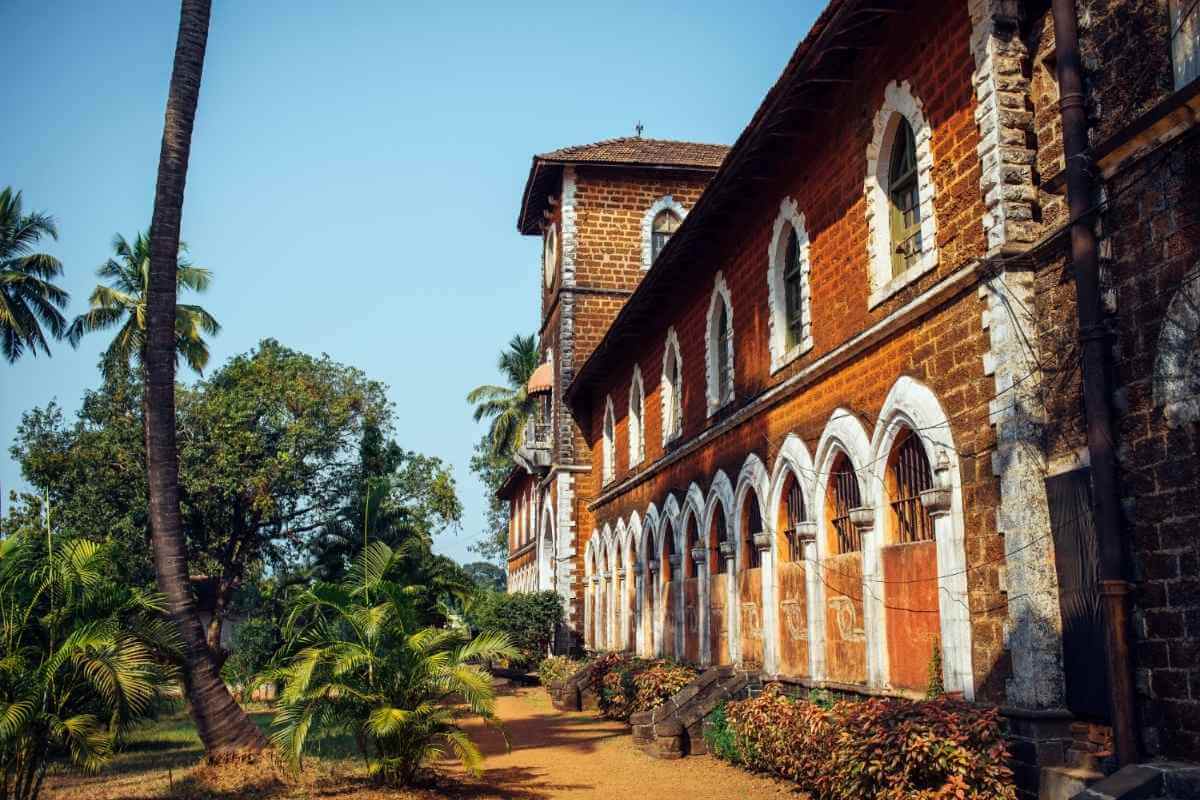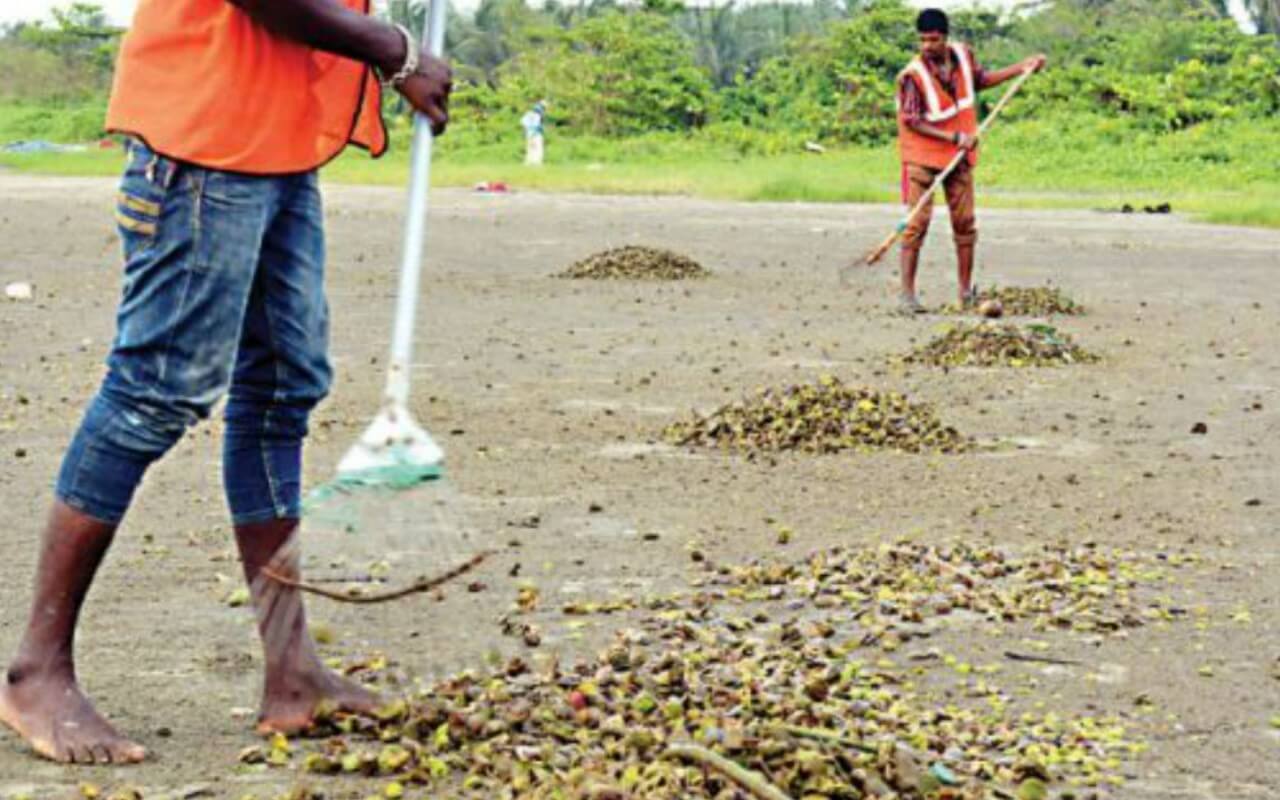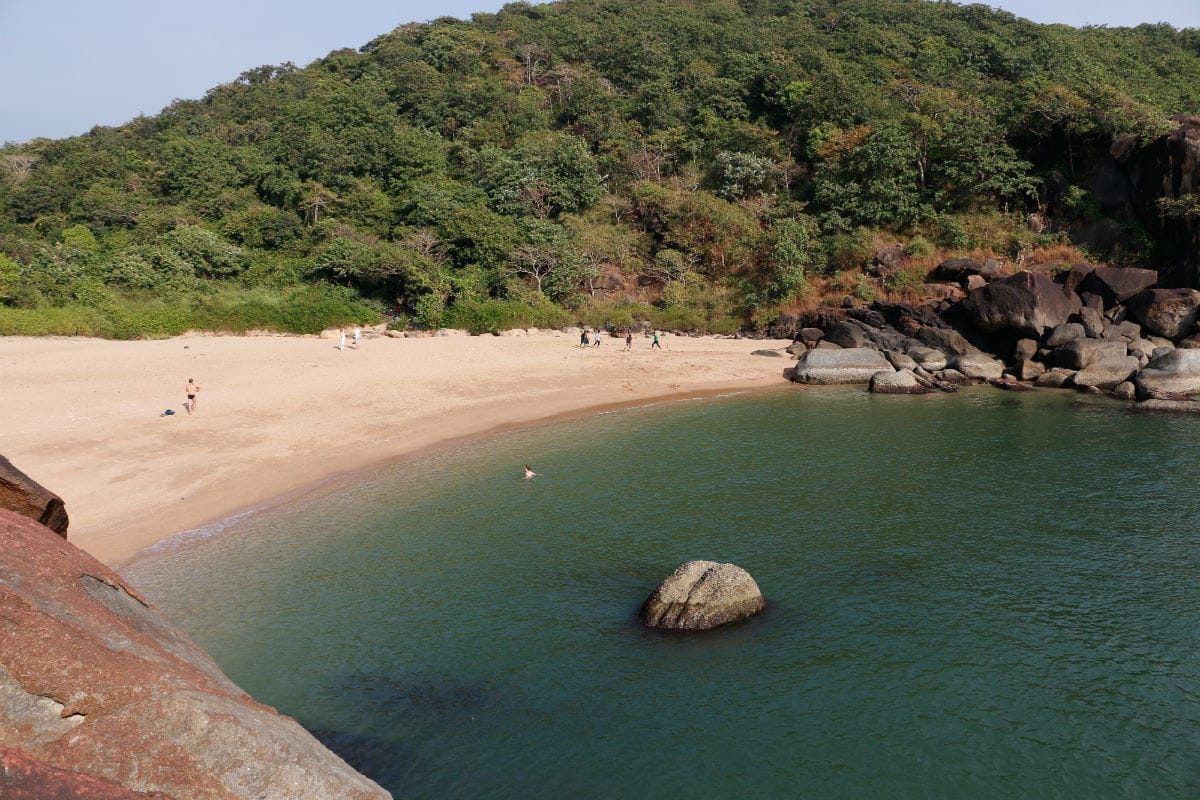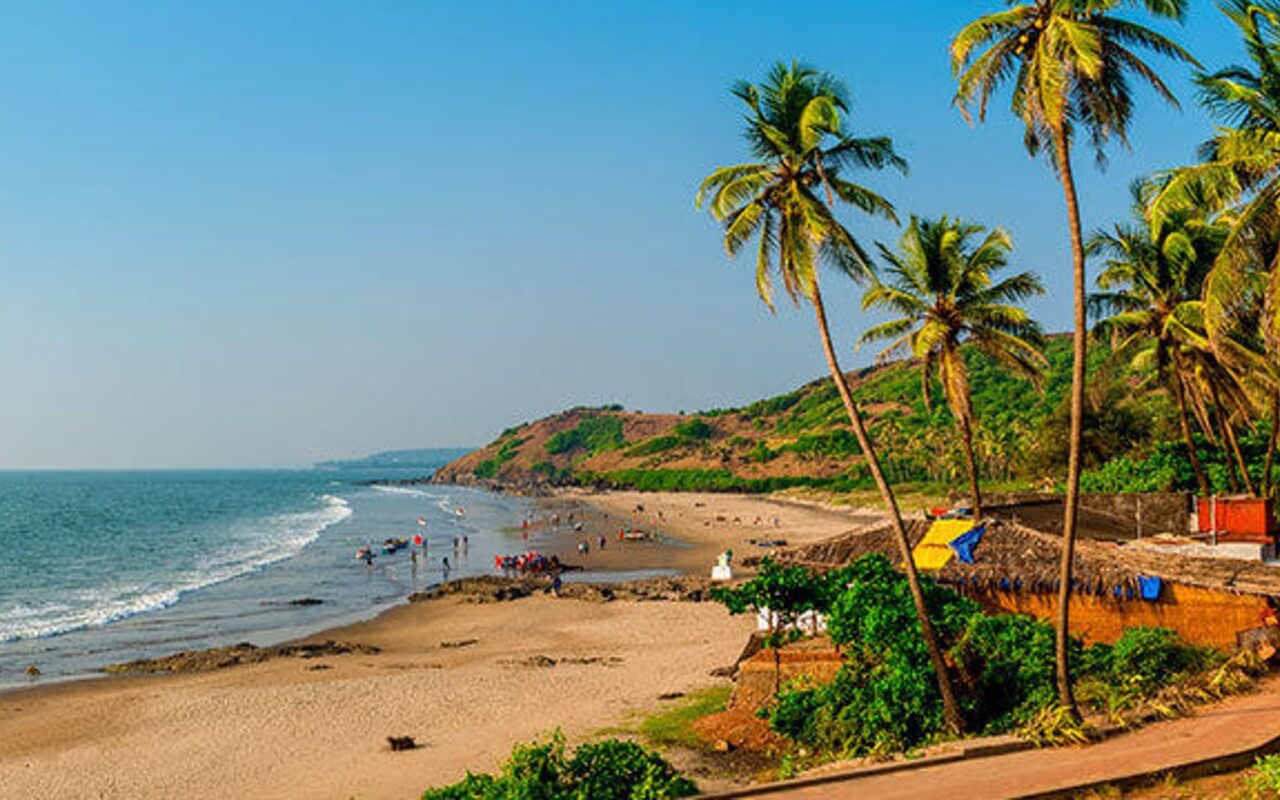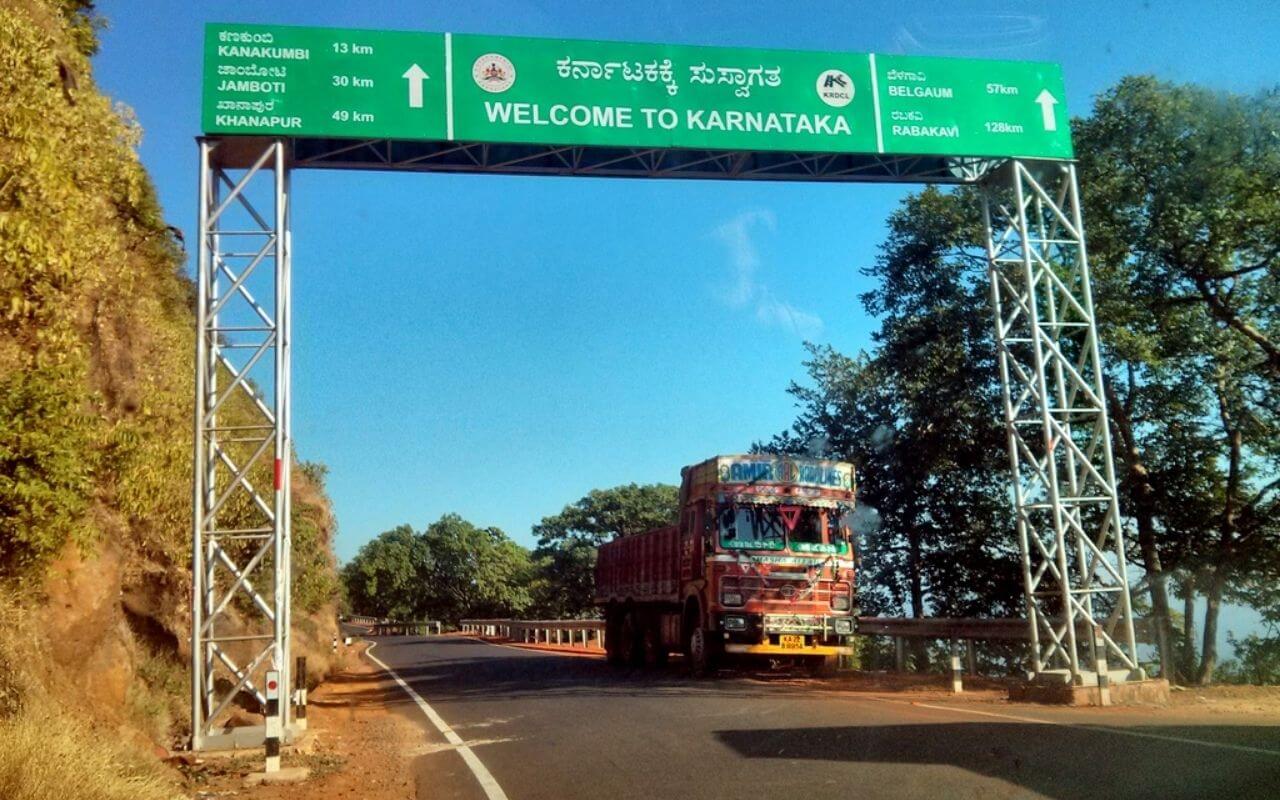Goa, with its sprawling beaches, azure skies, and a vibrant blend of Indian and Portuguese cultures, serves as a picturesque backdrop for an array of festivals. While it’s globally renowned for its electric Christmas and New Year’s Eve celebrations, the coastal state is a mosaic of numerous other New Year festivities that mirror its multicultural ethos. Here’s a glimpse into the diverse New Year celebrations that dot the Goan calendar, offering a unique experience at different times of the year.
Gudi Padwa
Gudi Padwa, marking the traditional New Year for Konkani and Marathi communities, is celebrated with great fervor in Goa. Typically falling in late March or early April, it symbolizes the arrival of spring and the reaping of rabi crops. Homes are adorned with vibrant ‘rangolis,’ and a ‘Gudi’ (a bright green or yellow cloth tied to a bamboo stick with a copper pot placed upside down on it) is hoisted outside houses, signifying victory and prosperity. The day is filled with cultural programs, traditional music, and the preparation of festive dishes like ‘Puran Poli’ and ‘Shrikhand.’
Sanvsar Padvo
Sanvsar Padvo a cherished tradition of the Gaud Saraswat Brahmin community in Goa, ushers in the Hindu lunar calendar year with reverence and joy. Observed with rituals honouring Lord Brahma and other deities, the day is marked by temple visits, prayers, and the preparation of traditional delicacies like Neer Dosa and Patholi. Beyond its religious significance, Sanvsar Padvo fosters community bonding, familial reunions, and cultural pride, exemplifying the rich tapestry of Goan heritage and traditions. It stands as a testament to Goa’s cultural diversity and invites all to partake in the warmth of its celebrations.
Ugadi
Embraced by the Konkani and Kannada communities, Ugadi marks the beginning of the Hindu lunar calendar year. Derived from the Sanskrit words “Yuga” (age) and “Adi” (beginning), Ugadi symbolizes the dawn of a new era filled with hope and promise. Families come together to perform rituals, adorn their homes with mango leaves and colorful rangolis, and indulge in traditional feasts featuring dishes like Ugadi Pachadi—a unique mixture of sweet, sour, bitter, and spicy flavors representing the various facets of life. Ugadi fosters a sense of togetherness and gratitude, paving the way for a prosperous year ahead.
Cheti Chand
Cheti Chand is celebrated as the New Year’s Day by the Sindhi community, marking the birth of Ishtadeva Uderoral, popularly known as Jhulelal, the patron saint of Sindhis. This day, typically falling in late March or early April, sees the Sindhi community engaging in processions, cultural programs, and the worship of Jhulelal and the water. Traditional dishes and sweets are prepared, and there’s a strong emphasis on community and charity activities.
Vishu
Celebrated by the Malayali community, Vishu heralds the Malayalam New Year with fervent devotion and joyous festivities. The highlight of Vishu is the Vishukkani, an auspicious arrangement of sacred items including rice, fruits, flowers, and gold coins, displayed before the deity early in the morning. It is believed that witnessing the Vishukkani ensures blessings of abundance and prosperity in the year ahead. Families exchange gifts, visit temples, and partake in sumptuous feasts featuring traditional dishes like sadya (vegetarian banquet) and Vishu kanji (rice porridge), symbolizing the richness of Malayali culture and heritage. Vishu fosters a sense of gratitude, optimism, and spiritual rejuvenation, uniting Malayalis in celebration and reverence for life’s blessings.


